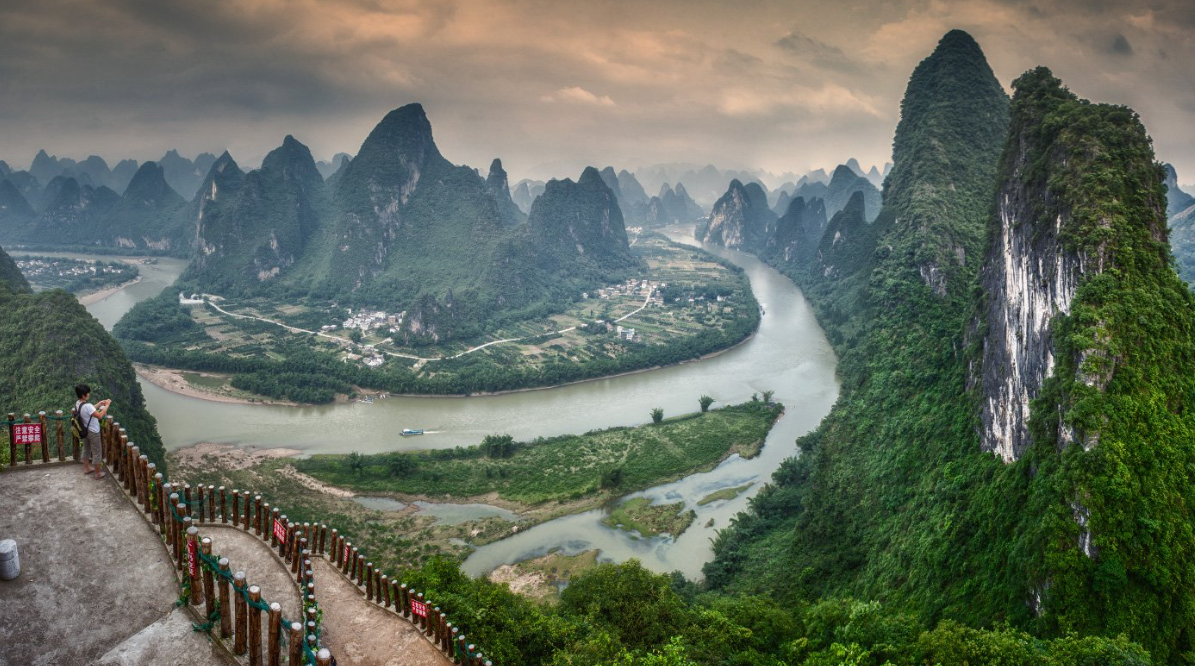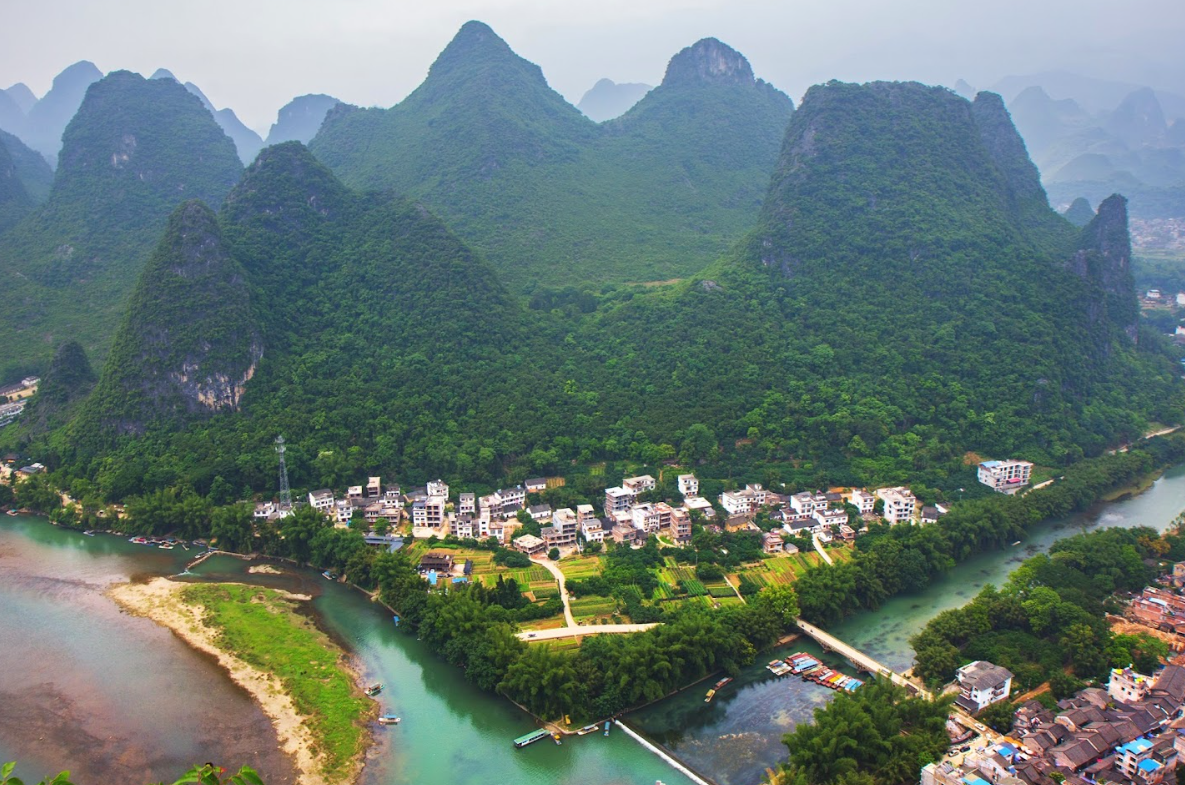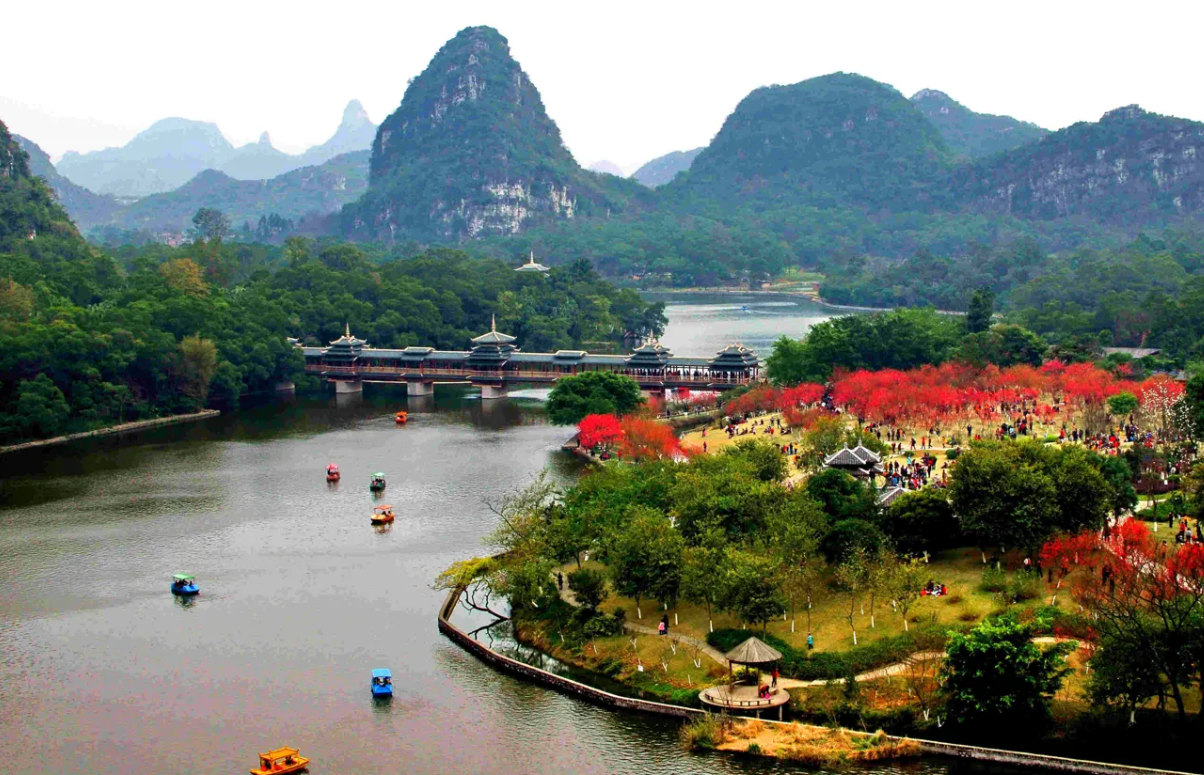Accommodation near Li River Guilin: A Practical Guide for Travelers
Suggested Outline (3–4 sections)
-
Why Stay Near the Li River in Guilin
-
Types of Accommodation Options Around the Li River
-
Recommended Areas and Hotels by Budget
-
Tips for Booking and Getting the Best Experience
Why Stay Near the Li River in Guilin

The Li River is the heart of Guilin. If you’ve seen photos of misty karst mountains and fishermen with bamboo rafts and cormorants, that’s it. Staying close to the river means you’re not just a tourist passing by; you’re actually waking up with those views outside your window. It also saves you time since many river cruises, bamboo raft tours, and hiking trails start right nearby.
Guilin city itself is convenient, but if your goal is to really soak in the landscape, places closer to Yangshuo or small riverside towns might be a better fit. They give you that slower pace of life—think walking out of your hotel and already being surrounded by hills.
Types of Accommodation Options Around the Li River

You’ll find a mix of choices, ranging from international-style hotels in Guilin city to boutique guesthouses tucked away in villages.
-
Luxury hotels: Usually in Guilin city or Yangshuo town. They offer river views, pools, and English-speaking staff. Perfect if you want comfort and easy service.
-
Boutique riverside inns: Small family-run places with a lot of charm. Some are renovated traditional houses with courtyards. These often have balconies facing the river—great if you like peace and quiet.
-
Budget hostels: In Yangshuo especially, you’ll find backpacker hostels. They’re social, cheap, and located close to nightlife streets like West Street.
-
Eco-lodges and countryside stays: These are outside the main towns, surrounded by rice fields and mountains. Not always easy to reach, but the scenery makes it worth it if you don’t mind being a little isolated.
Each type fits a different kind of traveler: comfort seekers, backpackers, families, or those chasing a picture-perfect retreat.
Recommended Areas and Hotels by Budget

When people say “stay near the Li River,” they usually mean either Guilin city (where the cruises start) or Yangshuo (where the cruise ends). Both have their pros.
-
Guilin city: More transport connections, closer to train stations and airport. Hotels here are often more modern, but the scenery isn’t as dramatic as further downstream.
-
High-end: Shangri-La Hotel Guilin, Sheraton Guilin
-
Mid-range: Guilin Riverside Inn, Aroma Tea House
-
Budget: Wada Hostel, Riverside Inn (yes, there are two with similar names)
-
-
Yangshuo: The postcard scenery with those sharp limestone peaks is all around. West Street is the nightlife hub, but you can also stay in villages a few kilometers away if you prefer quiet.
-
High-end: Banyan Tree Yangshuo, Alila Yangshuo (a converted sugar mill, very unique)
-
Mid-range: Riverside Boutique Resort, Mountain Retreat
-
Budget: Green Forest Hostel, Yangshuo Sudder Street Guesthouse
-
-
Small riverside villages (like Xingping or Fuli): These are less commercial and much slower paced. Xingping, for example, is where you find the famous view printed on China’s 20 yuan note. Accommodations are basic but the atmosphere is unforgettable.
Tips for Booking and Getting the Best Experience
-
Think about transport first. If you stay in a quiet riverside village, it’s beautiful but reaching it with luggage can be tricky. If you’re only in Guilin for 2–3 days, staying in the city or Yangshuo town makes more sense.
-
Check the view. Many hotels advertise “river view,” but sometimes it’s just a small glimpse from the corner of the window. Look for traveler photos on booking platforms before deciding.
-
Season matters. Summer is hot and humid, winter can be chilly. Spring and autumn are the best for scenery and comfort. Prices usually jump during Chinese public holidays.
-
Book early for cruises. If you want to take the Li River cruise, ask your hotel if they can help arrange tickets. Some hotels even offer packages with transfers included.
-
Don’t ignore the villages. If you have more than a couple of nights, try splitting your stay—one night in Guilin city for convenience, another night in Yangshuo or Xingping for the scenery.
Final Thoughts
Accommodation near the Li River is not just about where you sleep—it shapes how you experience Guilin. If you love comfort and convenience, Guilin city hotels will work fine. If you want those picture-book views and slower countryside vibes, Yangshuo and nearby villages win hands down.
Whichever you choose, waking up with karst peaks outside your window is something that sticks with you long after you’ve left China.

